Lightweighting has become a common goal across engineering. Not only does it bring efficiency benefits for energy and fuel consumption, but helps reduce the overall costs of designs.
As a result, previously heavier and thicker components have been replaced with lighter and thinner materials. However, conventional joining methods can be unsuitable for these materials as they are susceptible to wear, corrosion and mechanical failure.
In this article, we dive into various modern mechanical joint technologies that enable the successful and reliable integration of lightweight materials.
The joining challenges of modern engineering
This shift towards lighter metals and materials has highlighted a key challenge of joining methods. Conventional mechanical joints involve high force strengths and produce significant wear. For lighter, thinner and softer materials, these factors can be detrimental to overall performance and longevity. This highlights the need for dedicated modern solutions to joining lightweight materials. These requirements can be separated into three key areas:
- Lightweight: The fastening elements and parent materials involved need to be lightweight to maintain the benefits of fuel efficiency and reduced costs.
- Efficient: The process itself needs to be as streamlined and efficient as possible to reduce manufacturing and maintenance time.
- Reliable: The joining method needs to be versatile and robust. This includes maximising joint strength whilst minimising the effect of wear, corrosion and other factors that can affect lifespan.
New innovations in mechanical joint technology
Ultrasonic-assisted joining
For conventional joining methods like self-piercing rivets and nuts, there is a limit to joining force. This is a result of being limited by the length of the piercing ribs; the longer they are, the greater the potential loss in joining strength if the limit is exceeded.
Ultrasonic-assisted joining overcomes this challenge by introducing high frequency oscillations to the installation tools. This creates a temporary softening of the parent material during the joining process. As a result, high shear strengths can be achieved at lower forces. This method has been proven to be successful on a range of metals from copper and aluminium alloys to high strength steel and titanium alloys.
Friction spinning
Friction spinning is a specialised technology for joining sheet metal components. The process uses friction-induced heat to reduce the flow stress and extend the forging limits of the specific material. This makes it easier to join two sheet materials when using a bolt or rivet, requiring far less force than conventional mechanical joining methods whilst providing good joining and shear strength.
Friction spinning enables the joining of thin metal sheets where the high forces of conventional methods can lead to permanent deformation. Moreover, it is a fairly simple process that achieves the required joining stiffness for a number of applications, reducing overall cost as a result.
Wire thread inserts - a universal solution to lightweight mechanical joints
Wire thread inserts are a modern joining technology that enables the reliable and simple integration of lightweight metals. Conventional screw and bolt joints are suitable for heavier metals, but produce stress concentrations in lighter metals that can reduce joining strength and cause wear.
Wire thread inserts overcome this issue by adjusting radially and axially between the bolt/screw and parent material. This dissipates tension equally over the entire bolt/screw, maximising joining strength and minimising the risk of wear. Moreover, the insert acts as a protective layer from factors such as galvanic corrosion when dissimilar metals are used.
Join lightweight materials reliably with KATO® Advanex
To keep up with the innovation, you need to reduce the weight of your designs with softer materials. As a result, you need modern joining solutions that maintain high levels of joining strength without compromising the integrity of parent materials.
At KATO® Advanex, we are leading manufacturers of high-quality wire thread inserts that form strong, resilient and lightweight joints to reduce costs and improve fuel economy. Our products are available in a wide range of material compositions, surface finishes and design specifications so that you can easily find the perfect fastening solution.
To find out more about our products or to get additional pricing information, contact a member of our team today.
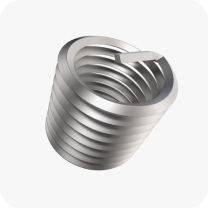
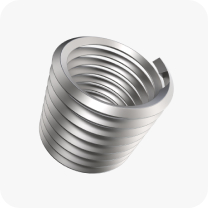
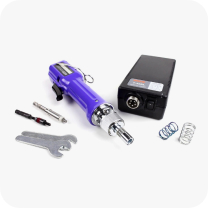
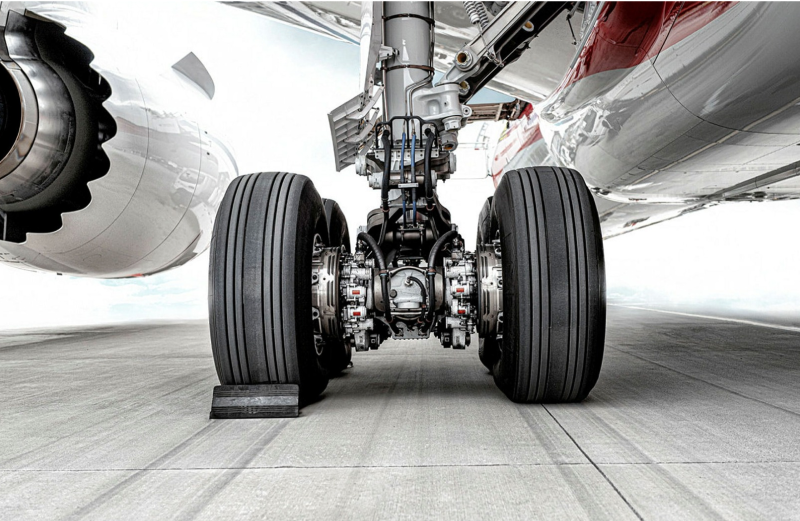
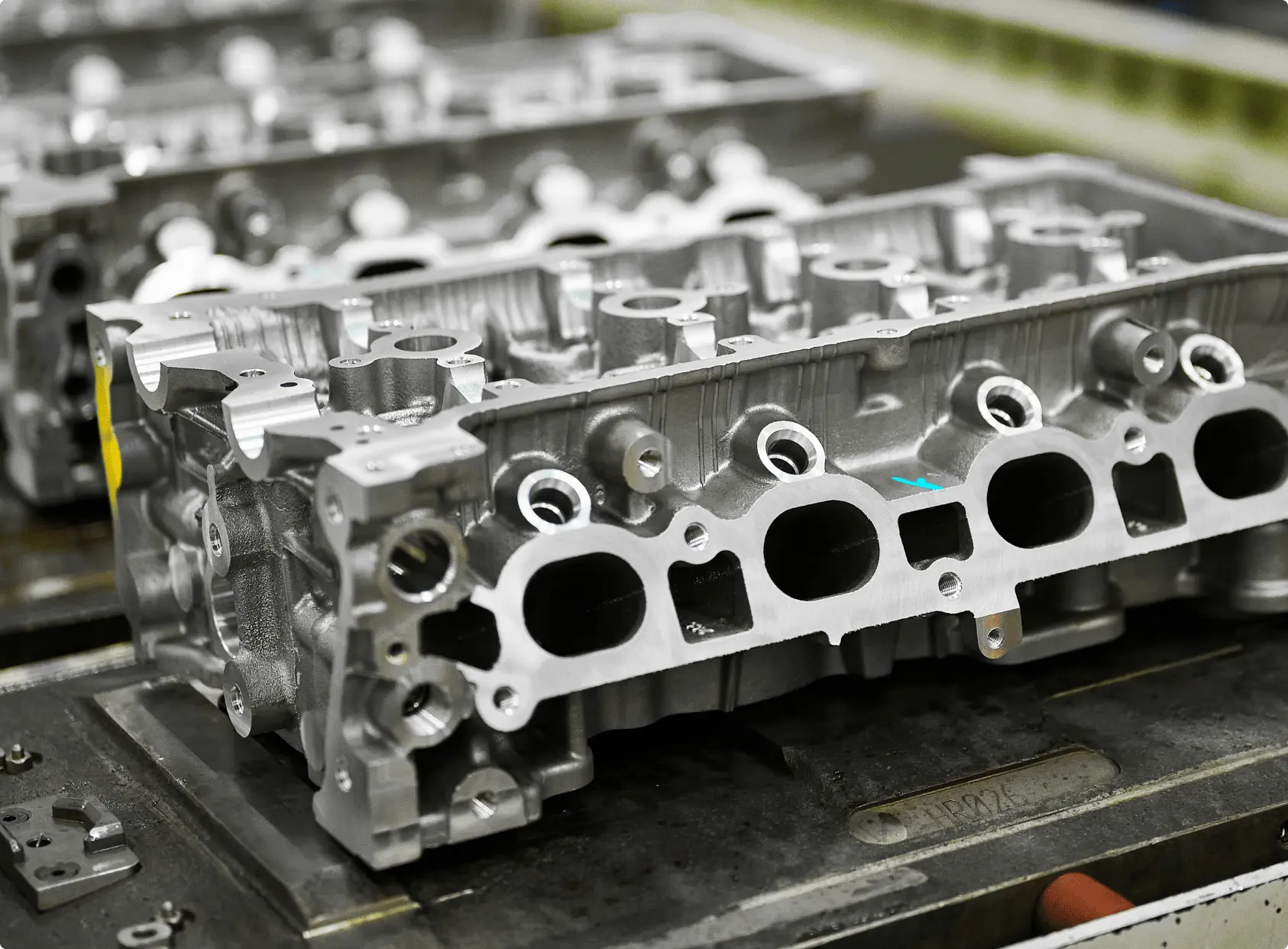
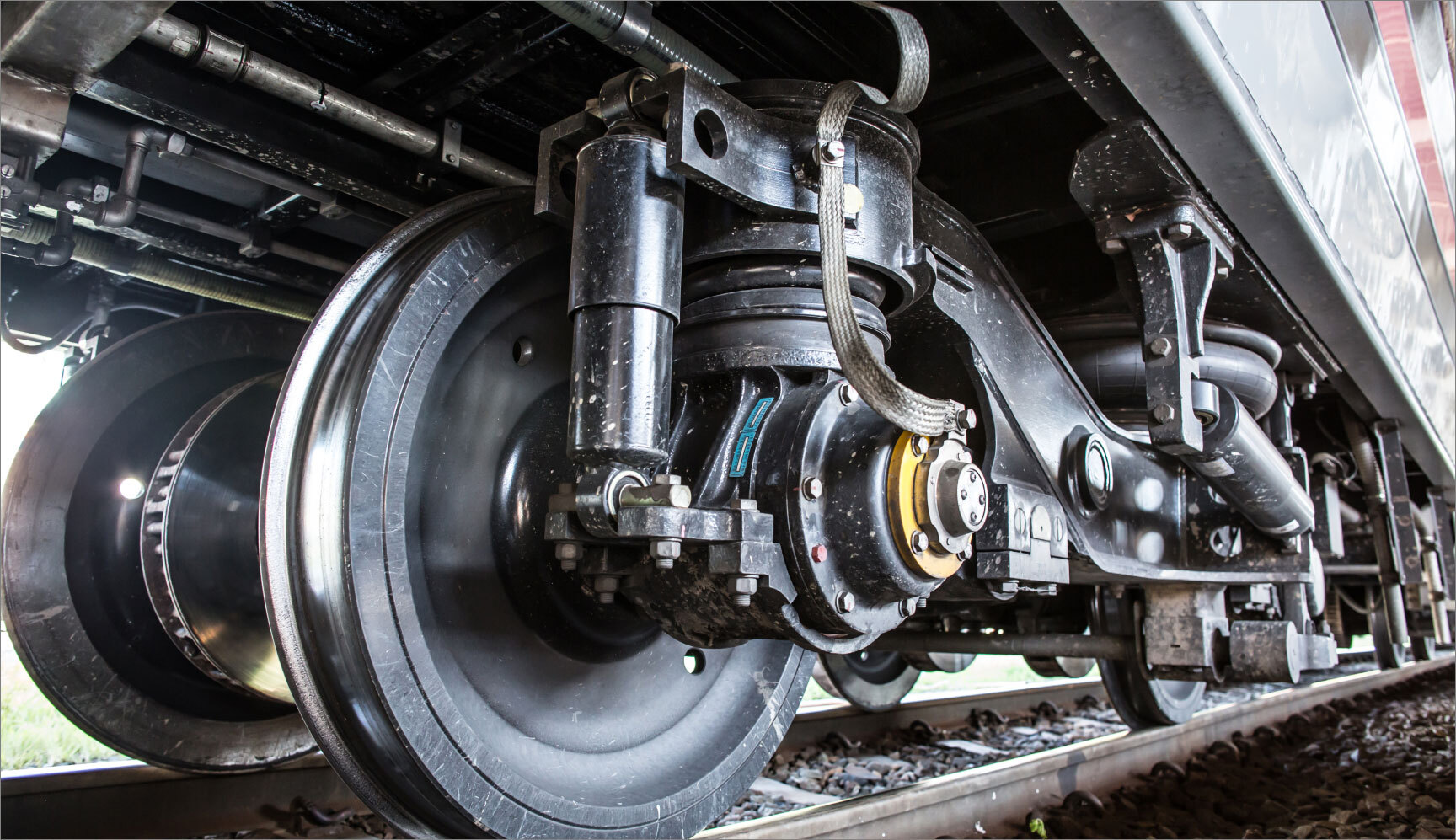

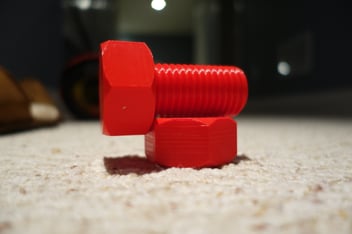
-1.jpg?width=352&name=221015ADVANX0205%20(1)-1.jpg)
.jpg?width=352&name=aircraft%20maintenance%20(1).jpg)
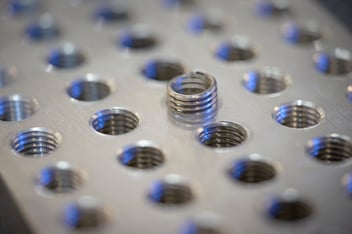
.jpg?width=352&name=221015ADVANX0221-0%20(1).jpg)
.jpg?width=352&name=EV%20Charging%20(2).jpg)